
Discovering your menstruation as a spiritual practice
Yasmine understands her menstruation as a spiritual practice and shares in this interview how she is connecting more with her own body through cycle awareness.
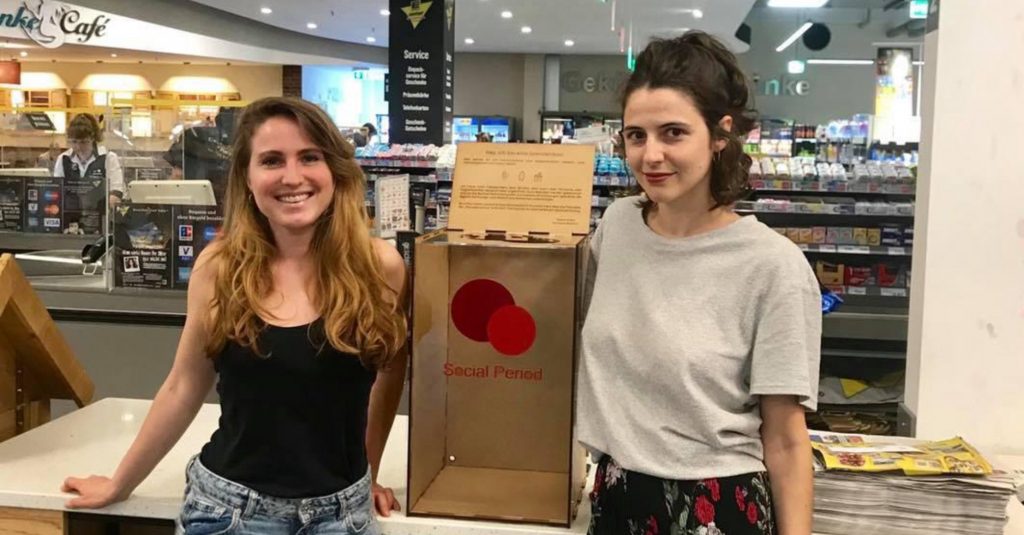
Social Period e.V. is dedicated to the social challenge of period poverty. The German non-profit organization offers a simple but effective solution for the donation of menstrual products to people in need. For this purpose, donation boxes are set up in a highly visible place in public spaces. The first boxes have already been installed in selected grocery stores in Berlin, Germany. Collection and distribution to the individual institutions is handled by the organization. Undine and Katja, the two who founded the organization in 2019, are the faces behind Social Period. I am so excited that the they have written a guest article about the history of period-shaming and the related period poverty as well as their organization for Vulvani platform. Have fun reading!
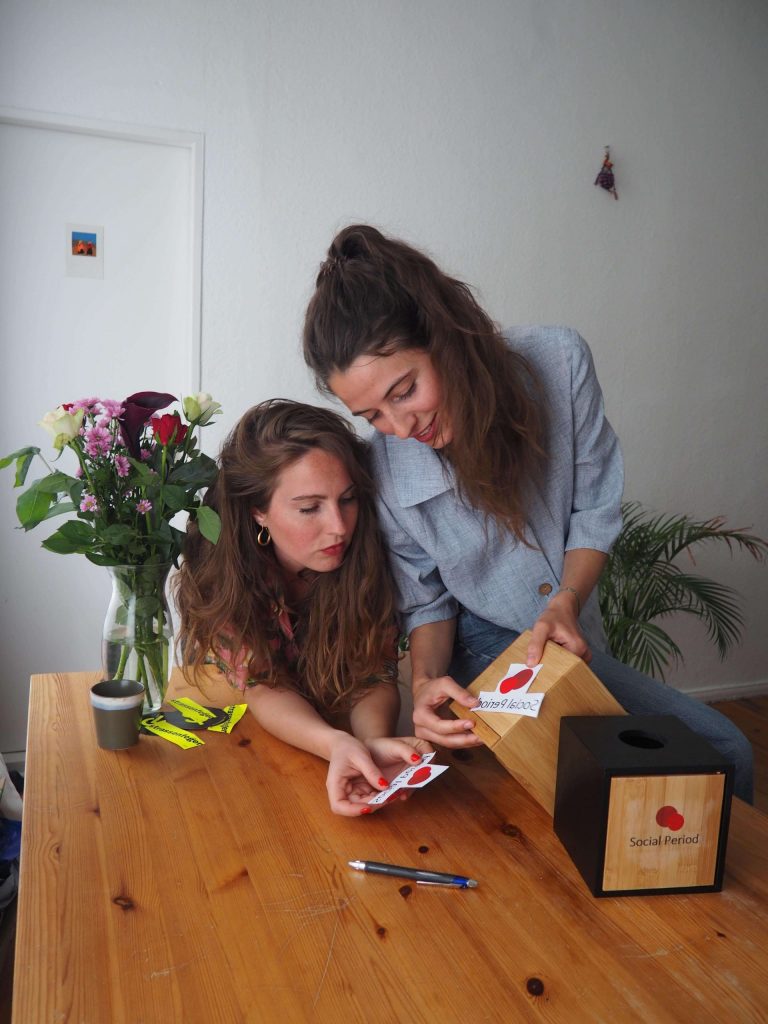
Medicine and the anatomical discovery of the body that goes with it has been dominated by the male gaze for centuries. Anatomical drawings, clinical studies and pharmaceuticals were and are made by cis-men for cis-men. As a result, the misunderstood biological female body has been made into the ‘other’ of the standardized biological male body – always accompanied by stigmatization and despise. Thus, for example, the idea of menstrual blood as poison is deeply rooted in cultural history. Pilnus the Elder (23-79 A.D.) already claimed the following:
“The woman with menstrual flow spoils harvests […], she destroys gardens, destroys seeds, makes the fruit fall off and kills the bees; if she touches the wine, it becomes vinegar; the milk spoils and curdles.’
It was not until 1872 that the egg was discovered by Karl Ernst von Baer, paving the way for a deeper understanding of the menstrual cycle. However, this does not mean an end to discrimination. In 1920, the Austrian physician Béla Schick published his menotoxin hypothesis in a specialist journal, in which he took up Pilnu’s thoughts again – a view that was only refuted in 1985. In 2015, Instagram’s censorship policy gained sad notoriety. Images from Rupi Kaur’s photo series ‘Period’, in which she stages herself with menstrual spots on her clothes, have been repeatedly deleted from the platform.
At the same time, there are developments that give hope for the future. These include Scotland’s decision to make tampons and pads available free of charge in public places, such as community centres, youth clubs and pharmacies from 2020. The abolition of the so-called ‘tampon tax’ in Germany is also a good symbol. But not everyone benefits equally from these political reforms. Certain groups of people who do not visit these facilities or who have little of the mostly minimal reduced costs for menstrual products are still excluded from the positive changes: the homeless and people without shelter.
The German Federal Working Group for Assistance to the Homeless states that approximately 100,000 womxn are homeless in Germany. And the trend is rising. According to estimates of the Strassenfeger e.V., about 11,100 womxn are currently living on the streets under precarious conditions only in Berlin. 70 percent of them are of childbearing age (18-40) and have their periods regularly or at some point. Many of them have no or only very difficult access to menstrual products.
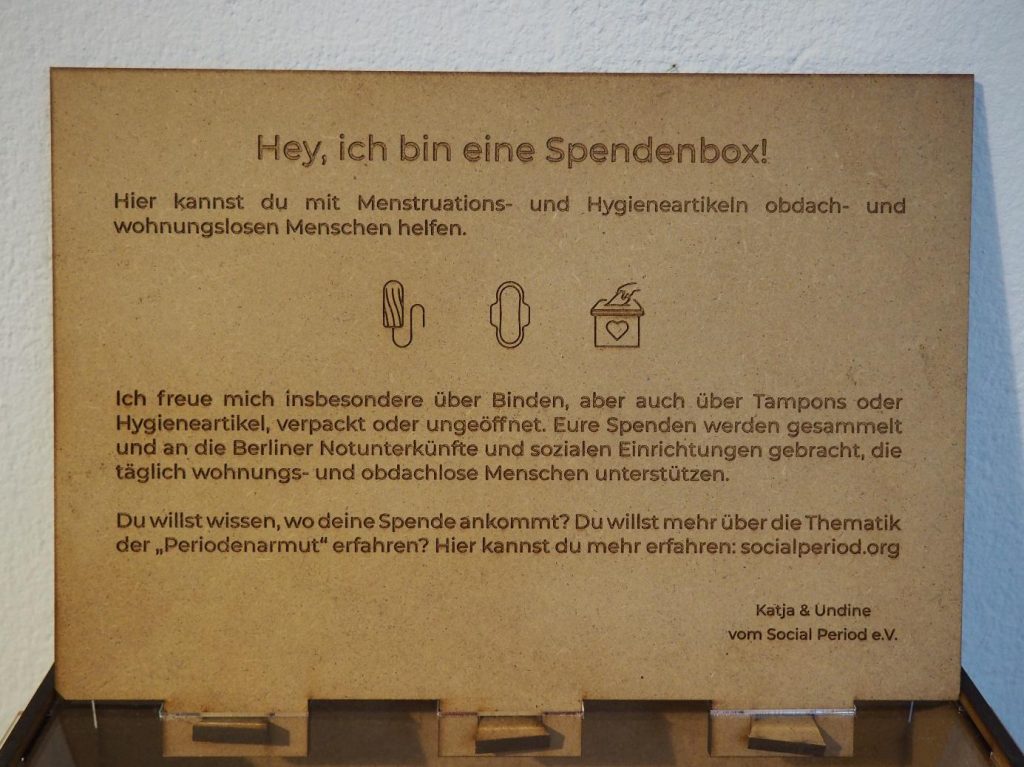
Realizing our privileges, we, two friends who have always known each other and who have grown up together, founded the organization Social Period e.V. in 2019. Social Period is committed to equal access to menstrual products. Long conversations with social institutions in Berlin that support homeless and people without shelter have made us aware of the whole range of the problem and how little is done politically for it. In order to tackle the problem of period poverty and to counteract the menstrual taboo, we came up with the idea of setting up donation boxes for menstrual products in Berlin. The donations are then forwarded to social institutions.
Although the financing of the project is proving to be difficult, we are on the right track. Our first boxes are at Edeka in Berlin. And even more are planned as soon as the financing for the construction of the boxes is secured through our fundraising campaign. We are especially touched by all the support we receive from friends* on this journey. They have introduced us to important partners, worked hard to create our website, supported us at educational events with the Strassenfeger e. V. or built our first boxes. This proves us that if we are strong together, we can do anything. We just have to want it! After all, period poverty should not be a social challenge, but should be understood as a social responsibility. We are against the period taboo – for equal opportunities & solidarity!
Social Period has currently set up a fundraising campaign on Startnext to finance the construction of their donation boxes. They are happy about every donation. Feel free to visit the website or follow the organisation on Instagram to stay up to date in the fight against period poverty.
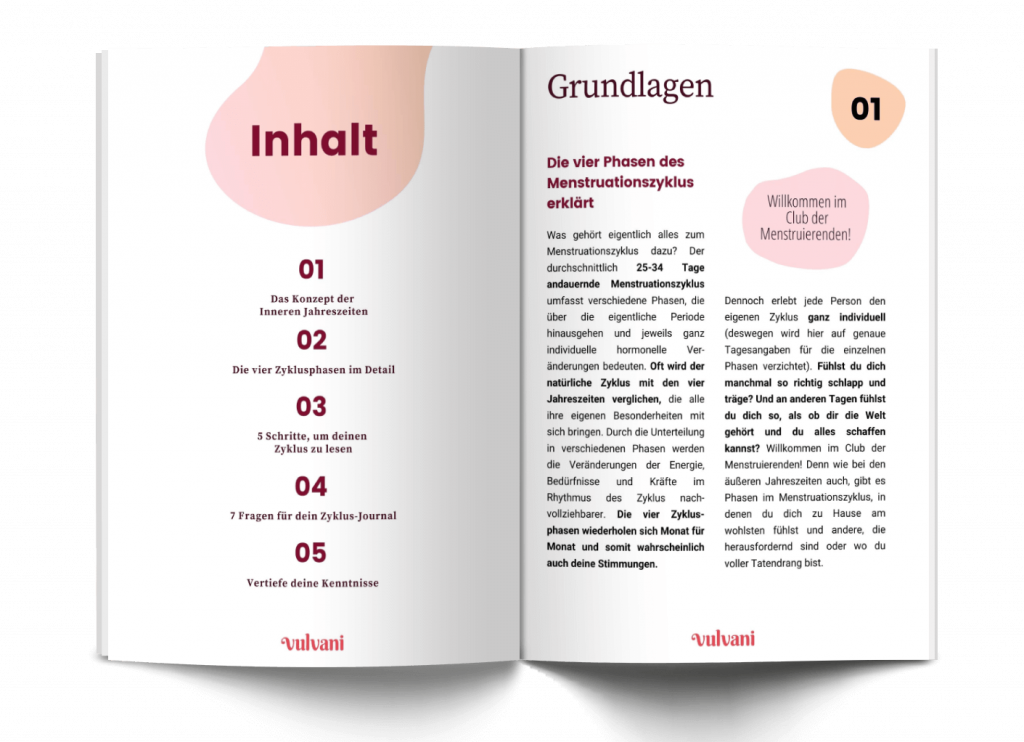


Yasmine understands her menstruation as a spiritual practice and shares in this interview how she is connecting more with her own body through cycle awareness.

What options are there for male birth control? Ailsa delivers an overview of what is available now, and what may come in the future.
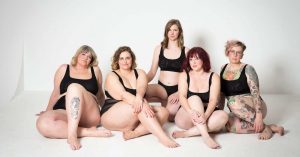
Sustainable underwear? The founders of TUKEA talk about fair labour conditions, body diversity and body literacy.
…and empower countless women to make empowered choices about their bodies!

